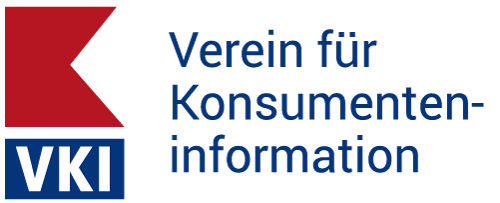RAPEX takes action when consumers are in danger due to products on the European market. The Member States and the European Commission celebrate ten years of the warning system.
RAPEX was founded in 2003. In the first year, 200 products were notified. The annual report of 2013 shows: In the ten years since its beginning, the notifications have also decupled. As the EU-Commission states in its report, this doesn’t mean that there are more dangerous products in Europe. It’s rather a question of constant refinement and improvement of the notification system. 31 countries participate in RAPEX – the EU-28 plus Norway, Iceland and Liechtenstein.
Facts and Figures
The product categories, which were notified most in 2013, are:
- Clothing, textiles and fashion items
- Toys
- Electrical appliances and equipment
- Motor vehicles
- Cosmetic products
This is constant since the foundation of RAPEX and is accounted by the high volumes of consumption/supply in these categories, which increase the chances of finding dangerous products.
The same applies for the most frequently notified risk categories:
- Injuries
- Chemical
- Choking
- Electric shock
- Strangulation
The most active countries when it comes to notifications as well as implementing follow up actions (so called “reactions”) are Spain, Hungary and Germany. According to the Commission this is directly linked to the size of the national market, import volumes and the number of inspectors. The larger these numbers, the more active the country. It’s not saying anything about the quality of products in these countries.
Where do the dangerous products come from?
Most of the notified goods were produced outside of the EU. The number one country of origin is China (including Hong Kong). 64% of the notifications of 2013 concerned Chinese products. The country is, besides the USA, the most important trading partner of the EU. To improve the cooperation also in the sense of RAPEX, the Commission and China engage in a dialogue with the focus on product traceability and on exchange of information between the authorities in charge. China submits quarterly reports to the Commission about the implementation of reactions (the RAPEX-CHINA-System).
15% of the notified dangerous products of 2013 were of European origin.
Procedure of RAPEX
Consumers, inspectors of the Member States respectively of the national RAPEX contact point notify a product for dangerous ingredients, manufacturing etc. This notification is send to RAPEX and the Commission, which – after examination – propose follow up actions. The systems aim is to ensure that information about dangerous products is circulated throughout the European market rapidly. When informed quickly, participating countries are able to react instantly by withdrawing the products from their national markets. Further possible reactions are ban/stop on sales, recall from consumers and import rejection by the custom authorities. In 2013, RAPEX received a total of 16.600 notifications.









